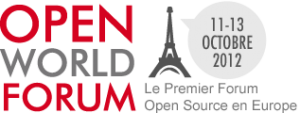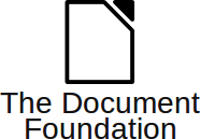Over the last months we’ve been analyzing SourceForge historical data, looking for trends and correlations. We’ve found factors that can help project administrators to get both more downloads and more visibility.
- Project Icons
- Screenshots
- Project Title, blurb, and full description fields
- Feature bullets
- Accurate project categorization
- More frequent releases, and flag latest release
- Rapid turnaround on tickets
All things being equal, projects with these elements are more prone to capture people’s interest than projects without them.
A user visits a Project Summary Page either because they know exactly what they are looking for – in which case you don’t need to provide them with nuts and bolts – or because they are looking for something, and they don’t know if your project solves their problems. In this latter case, you have just a few moments to make a good first impression. Here’s a few tips to help you do just that.
- “Put an alligator over the pocket†(W. Allen, With our Feathers – “The Scrolls†– 1975).When you put a logo on your project, people associate it with certain core values like trust, quality, reliability, experience, etc. If you don’t believe it, read Woody Allen’s “put an alligator†and learn how Lacoste eventually became famous!
Read the full article at SourceForge blog.
 Recently a number of people from open source communities I work with or that I’m just aware of, happened to die. I’m thinking of Ian Lynch, of the Ingot fame, Ian Murdock Debian founder and John McCreesh, OpenOffice.org Marketing Project Lead.
Recently a number of people from open source communities I work with or that I’m just aware of, happened to die. I’m thinking of Ian Lynch, of the Ingot fame, Ian Murdock Debian founder and John McCreesh, OpenOffice.org Marketing Project Lead.




Reply